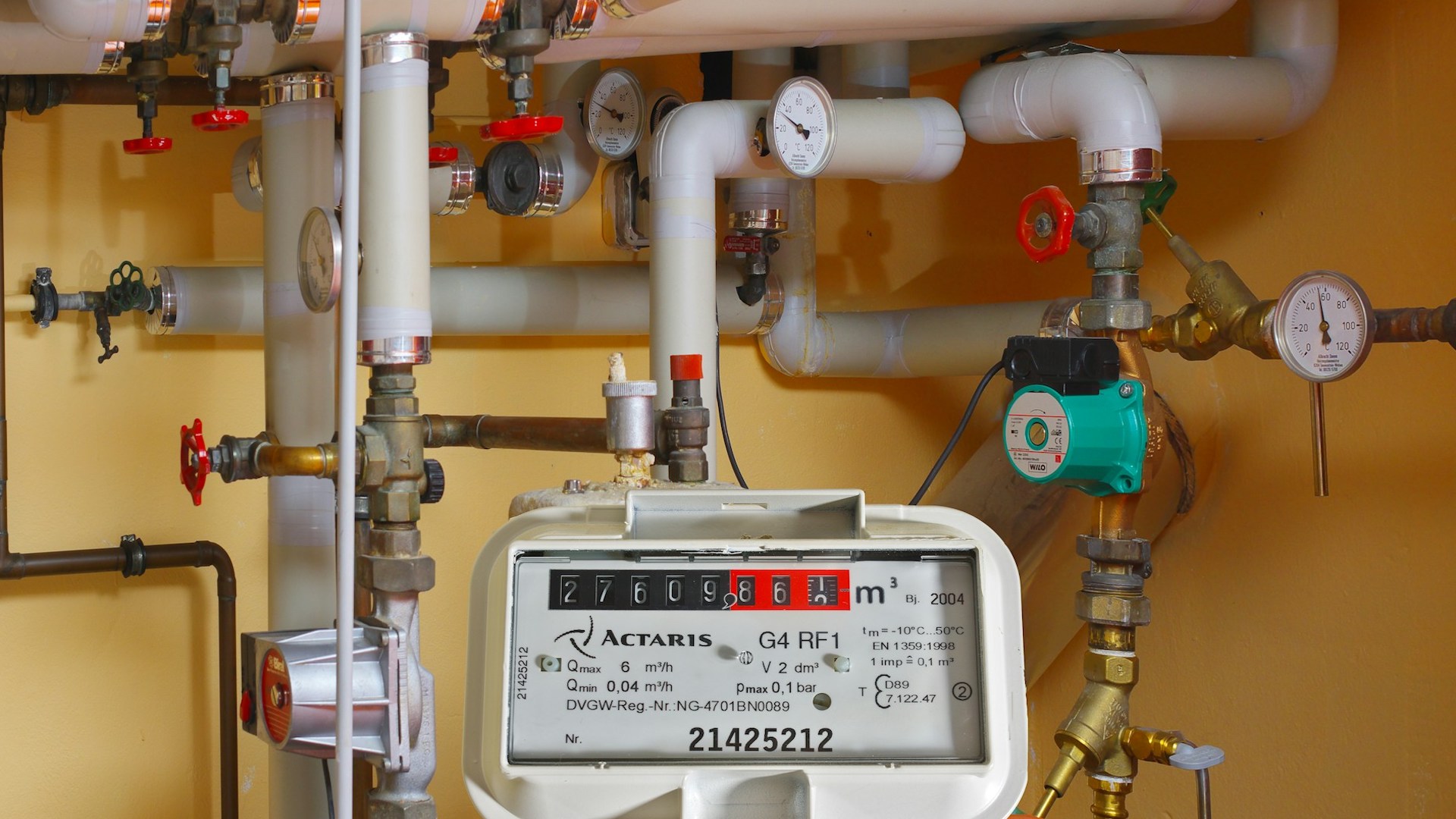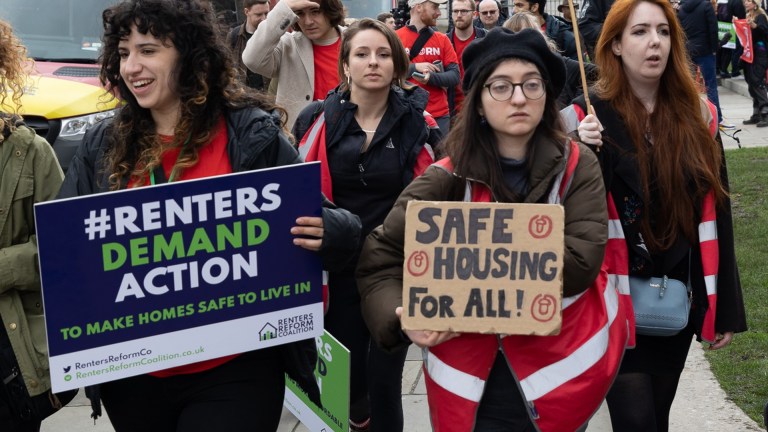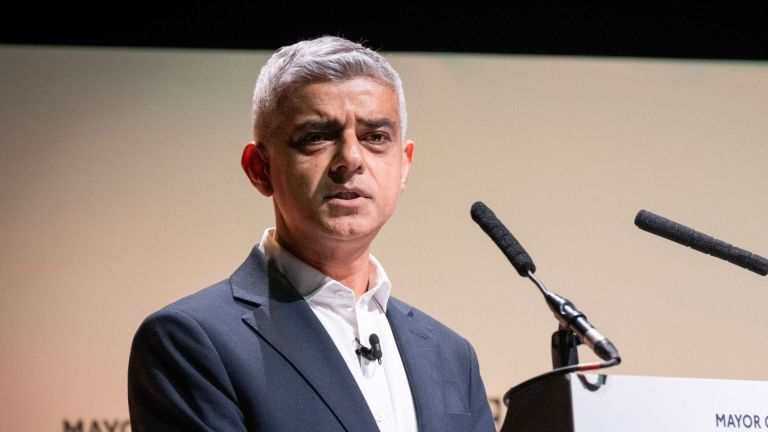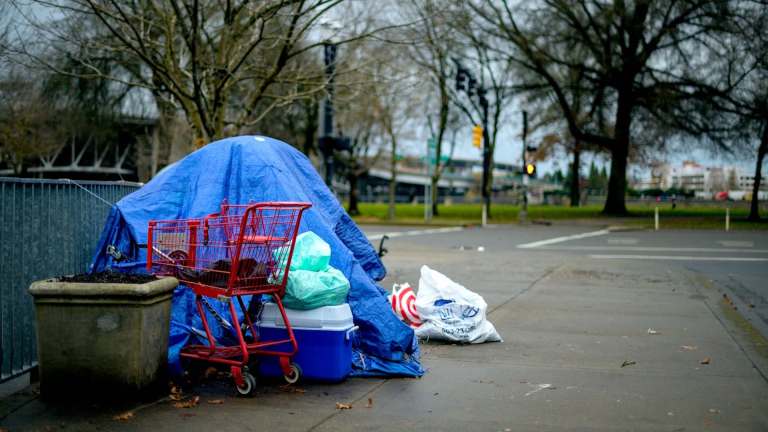How long does a gas safety check take?
The time it takes to complete a gas safety check can vary depending on the size of the property and the number of gas appliances that need to be inspected. A standard gas safety check takes about 20 to 30 minutes, on average, but it could take longer.
How much does a check cost?
Remember that as a tenant, you should never be charged for a gas safety check. Landlords have a legal responsibility to make sure the checks are carried out and paid for. Whether you rent through a private landlord or a letting agent, they cannot pass this cost onto you. If you find that you’ve been charged for a gas safety check, this is a breach of your rights and you should raise the issue with your landlord or letting agent immediately. If they refuse to refund the charge, you might consider seeking advice from an adviser or your local authority.
Gas safety register
Only engineers who are on the Gas Safe Register are legally allowed to do gas safety checks. It’s the official gas registration body for the UK and it exists to protect the public from unsafe gas work. Engineers on this register have the necessary qualifications and experience to carry out gas safety checks, repairs and installations safely.
Before allowing any engineer to perform a gas safety check in your home, you might want to verify that they are registered with Gas Safe. You can do this by asking to see their Gas Safe ID card or by checking their details online on the Gas Safe Register. The ID card will show the engineer’s photo, their licence number and the types of work they’re qualified to perform. Allowing an unregistered engineer to carry out work in your home could invalidate your property’s gas safety certificate.
Gas safety check certificate
Once a gas safety check is complete, the engineer will provide a gas safety certificate (also known as a gas safety record). This document outlines the results of the inspection and confirms that all appliances have been checked and are safe to use. The certificate will detail any defects found during the check and what action was taken to fix them.
Tenants have the right to receive a copy of the gas safety certificate and landlords are required by law to give you it within 28 days of the check. If you’re moving into a new rented property, the landlord must provide you with a copy of the most recent gas safety certificate before your tenancy starts.
If you lose it, or if you never received one, you can request a duplicate from your landlord or the engineer who carried out the check. Having this document on hand is important if you need to prove that the check has been carried out, especially if you’re making a complaint or taking legal action.
“Ensuring gas appliances and flues are regularly inspected by a qualified Gas Safe-registered engineer is one of the most important things a landlord must do to help keep their tenants safe,” a spokesperson for the National Residential Landlords Association told the Big Issue. “Failure to undertake annual inspections and provide copies of the gas safety records to their tenants is not only a criminal offence but can prevent a landlord from seeking possession if they need to.
“The overwhelming majority of landlords know their responsibilities around gas safety. However, we have seen some issues with the paperwork itself, as some gas engineers omit required information such as the landlord or agent’s contact details.
“Landlords should familiarise themselves with the requirements for the gas safety record – also known as a CP12 form – and make sure that it is correctly completed before issuing it to their tenants.”
Can I sue my landlord for no gas safety check?
If your landlord fails to carry out a gas safety check or does not provide you with a gas safety certificate, they are in breach of the law. This is a serious issue as it puts your safety at risk and can have legal consequences for your landlord.
In some cases you might be entitled to take legal action – document any instances where your landlord has failed to meet their responsibilities and keep records of all communication related to the issue.
Before taking any legal steps, it’s crucial to get legal advice or contact your local council for guidance.
Do you have a story to tell or opinions to share about this? Get in touch and tell us more. Big Issue exists to give homeless and marginalised people the opportunity to earn an income. To support our work buy a copy of the magazine or get the app from the App Store or Google Play.









